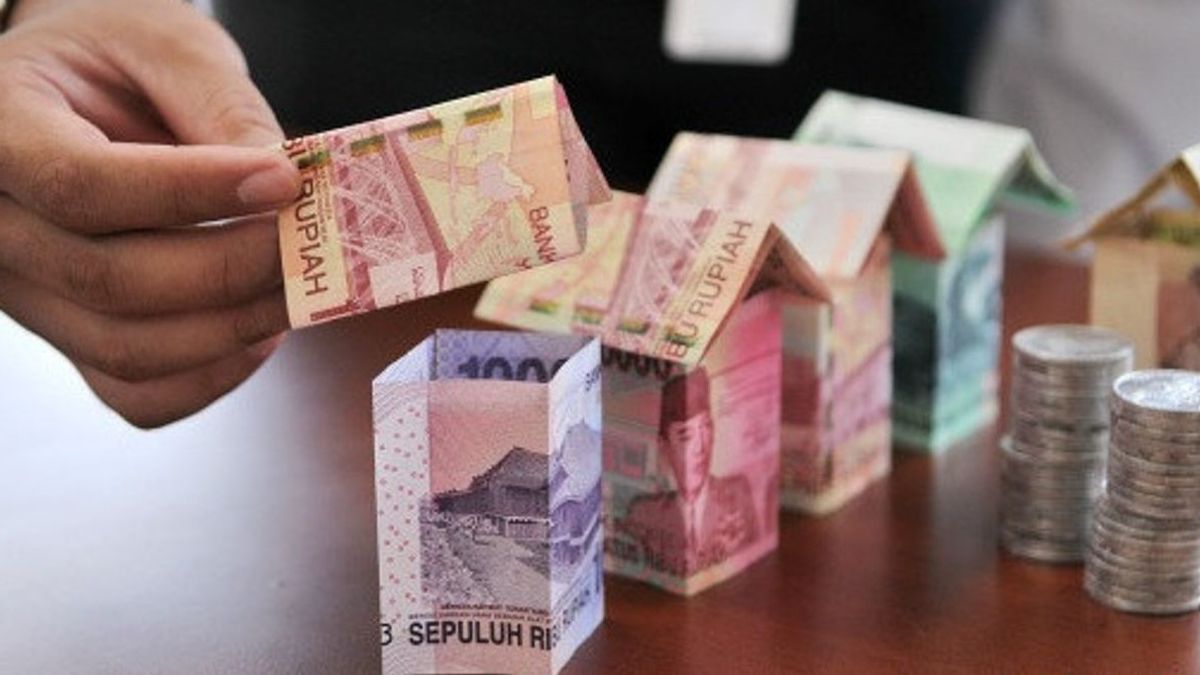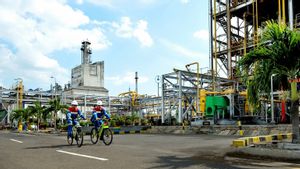
JAKARTA – It is believed that global economic conditions have not shown significant signs of recovery soon. The gloomy projection can be seen in the IMF report which corrected world economic growth this year to 3.2 percent from the previous 3.6 percent.
In fact, the figure is "twice worse" than the IMF's assumption at the beginning of the year, which had set a target of 4.4 percent.
Continued uncertainty is increasingly reflected in the worst-case scenario for global economic growth, which only stuck at 2.6 percent at the close of 2022 and slowed down again to 2 percent in 2023.
Even though the majority of the world's countries are under pressure, Indonesia tends to be able to take advantage of the situation by increasing its income. This evidence can be traced to the State Budget report for the first semester of 2022 which recorded a budget surplus of IDR 73.6 trillion.
Just so you know, this Moncer performance was achieved thanks to the windfall phenomenon experienced by Indonesia from exports of coal and palm oil (CPO).
The Central Statistics Agency (BPS) itself released that Indonesia's trade balance in the second quarter of 2022 experienced a surplus of 15.55 billion US dollars. That figure skyrocketed 148 percent over the same period the previous year with a surplus of 6.2 billion US dollars.
This score also extends the record trade balance surplus for 26 consecutive months or since the May 2020 period. Strong macroeconomic stability has prevented Indonesia from a potential recession in the first half of 2022.
SEE ALSO:
Previously, the results of a recent Bloomberg survey estimated that Indonesia had a 3 percent chance of experiencing an economic slowdown.
However, BPS broke this in its broadcast this morning, Friday, August 5, which stated that the economy grew 5.44 percent (year on year/Yoy) in the second quarter of 2022. This level was higher than the first quarter's book of 5.01 percent.
Presumably, the results achieved by RI at the close of the first semester exceeded the expectations of the government and also Bank Indonesia (BI). In the VOI record, the government through the Ministry of Finance (Kemenkeu) only said the second quarter growth was above 5 percent without further detailing the figure.
Usually, the institution led by Sri Mulyani is quite aggressive in determining the growth of gross domestic product (GDP).
Conservative attitude is more often shown by the central bank in viewing economic growth. Through Governor Perry Warjiyo, the central bank had said that the second quarter's growth rate was only 5.05 percent.
However, both predictions were successfully broken through the achievement of a better Indonesian economy.
The English, Chinese, Japanese, Arabic, and French versions are automatically generated by the AI. So there may still be inaccuracies in translating, please always see Indonesian as our main language. (system supported by DigitalSiber.id)














